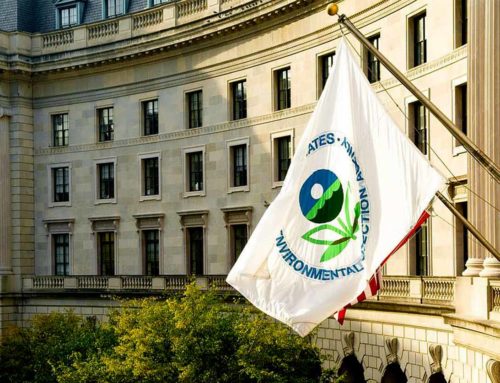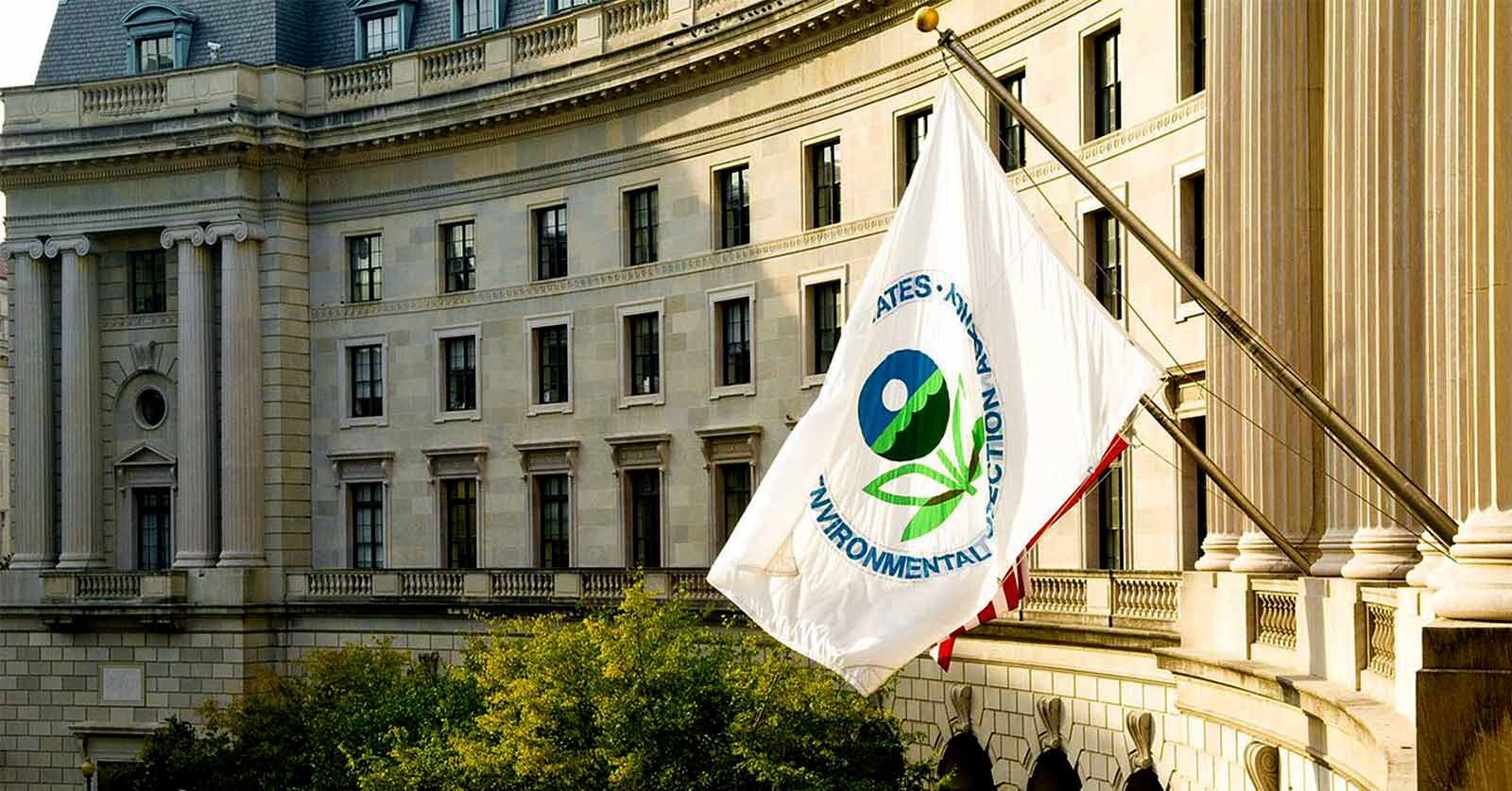E15 is a blend of 15 percent ethanol and 85 percent gasoline. The biofuel receives indirect federal subsidies through government mandates, ethanol infrastructure tax breaks, subsidies for ethanol facilities, and policies favoring the use of higher ethanol blends. Four decades have passed since the federal government began subsidizing corn ethanol, a biofuel that is generally blended with gasoline at a 10 percent level (E10).
One area the Administration has expanded ethanol support is in the promotion of blends beyond the traditional 10 percent threshold. In 2011, the Environmental Protection Agency (EPA) first approved the use of 15 percent ethanol blends with gasoline in non-summer months. Then in 2019 EPA announced its decision to lift restrictions on E15 use in summer months. However, in July 2021, the court struck down EPA’s interpretation of the law, finding that Congress only allowed for summertime use of E10, not E15, due to air quality concerns. In April 2022, President Biden announced plans to allow emergency use of E15 during summertime months, beginning in June 2022, despite the recent court decision. Congress eliminated certain ethanol subsidies a decade ago (specifically, the $6 billion-per-year ethanol tax credit in 2011), but since then both Democratic and Republican Administrations have circumvented lawmakers adding subsidies and other special interest ethanol policies to an already distorted marketplace.
Alongside increasing the allowable ethanol blend limits, since 2011, the U.S. Department of Agriculture (USDA) has unilaterally (without Congressional approval) subsidized ethanol blender pumps through at least three different programs – the Rural Energy for America Program (REAP), the Biofuels Infrastructure Partnership (BIP), and the Higher Blends Infrastructure Incentive Program (HBIIP). Ethanol blender pumps are specialized gasoline pumps that are warranted to dispense higher ethanol blends such as E15.
Despite these subsidies and special interest carve-outs, the ethanol industry continues to lobby Congress and the Administration for more federal support and favorable policies. Due to a provision added to Dec. 2020 legislation, biofuels producers are on track to receive $700 million in COVID-19 economic relief. Additional subsidies for E15 and biofuels infrastructure have also been proposed as part of legislation introduced in Congress.
With policymakers shifting focus to electric vehicles and away from biofuels – which have historically failed to meet greenhouse gas reduction thresholds once promised – additional investments in first-generation biofuels (such as corn- and soy-based fuels) would throw more money after bad. Not only would taxpayer dollars be wasted, but further subsidies would distort the marketplace, pick winners and losers by locking in first-generation biofuels, and fail to reduce climate risks. Congress should instead roll back decades-long subsidies and mandates for ethanol and other biofuels and invest in real climate solutions.
You can download the full E15 (15 percent ethanol) fact sheet here or read it below.














Get Social